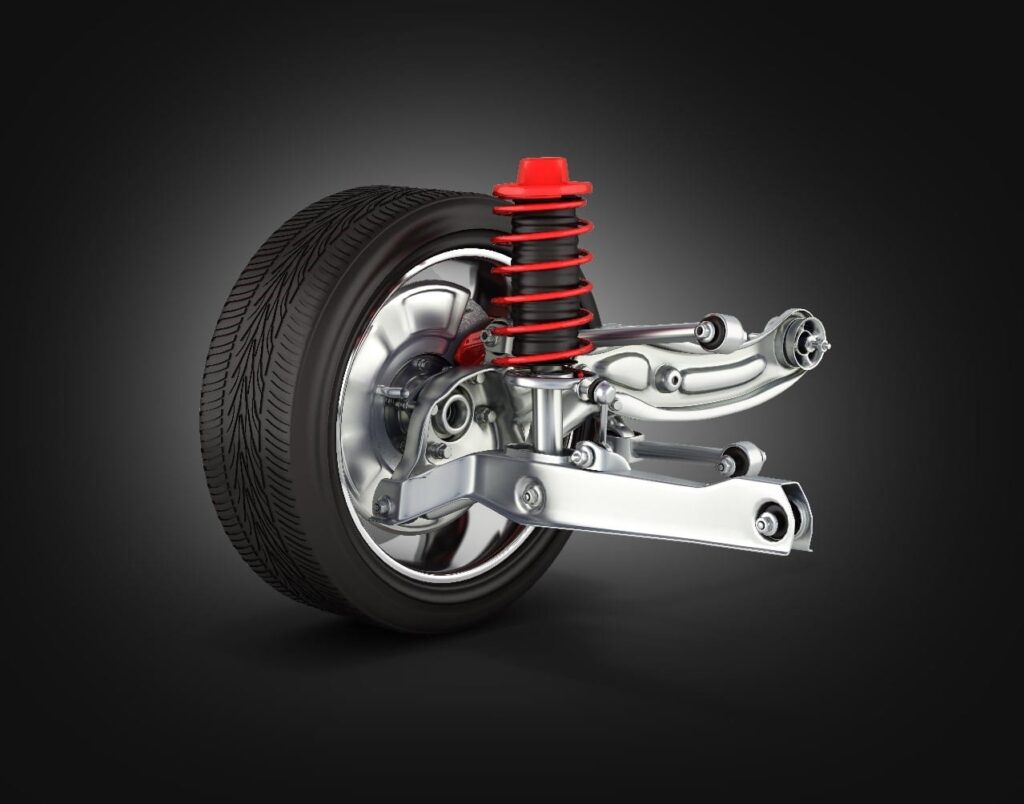
Springs in Car Manufacture
Springs can be found in a multitude of technologies we use in our every day lives. Although the vehicles we
Home › News & Updates › Page 17

Springs can be found in a multitude of technologies we use in our every day lives. Although the vehicles we

As one of the UK’s leading spring and pressing manufacturers, European Springs & Pressings has recently doubled the size of

Springs have been at the heart of engineering since before the Industrial Revolution and now they are set to be

This year’s Engineering Design Show is an exciting time for European Springs, as we have our very own stand. The
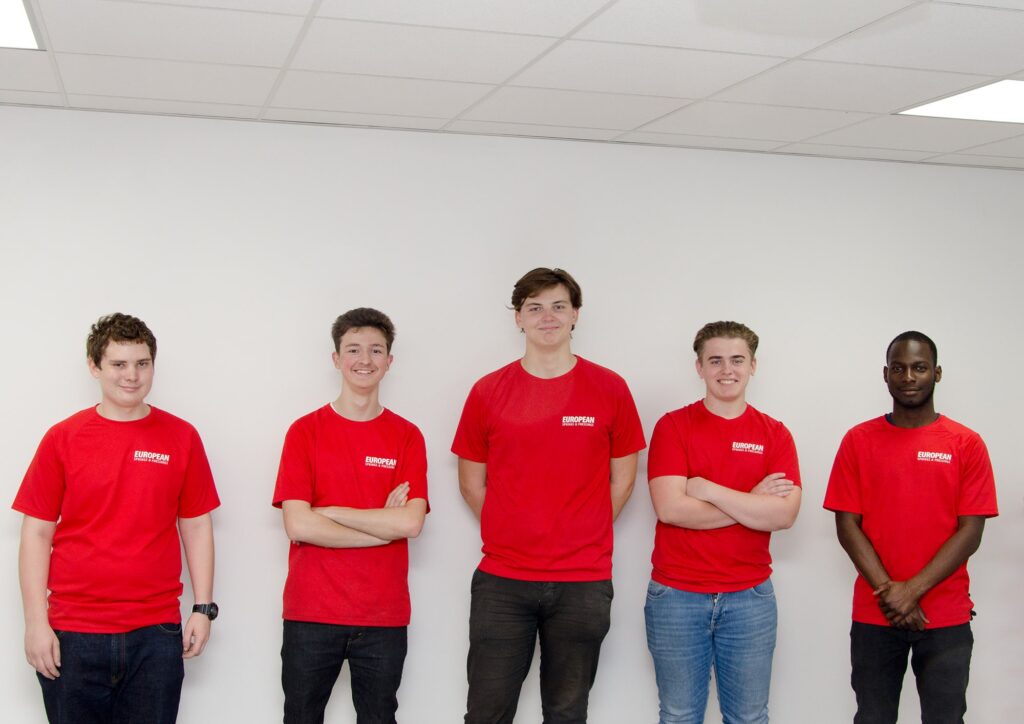
With recent reports of the number of apprenticeships falling by 30% in the last 12 months, European Springs & Pressings
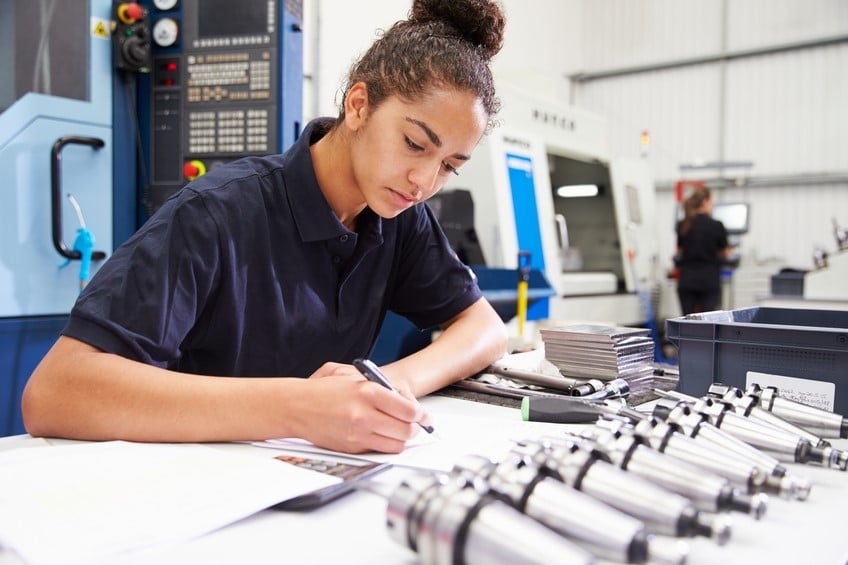
Despite the big-name, high-profile infrastructure projects – Hinkley Point C nuclear power station and High Speed 2 rail link to
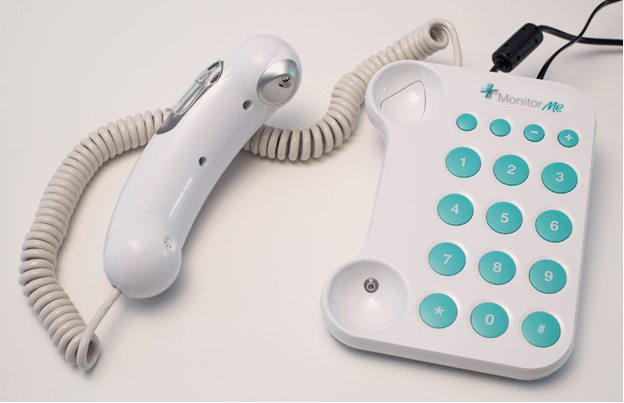
One million patients are seen every 36 hours by the NHS with 40% more operations undertaken in recent years. Sanandco
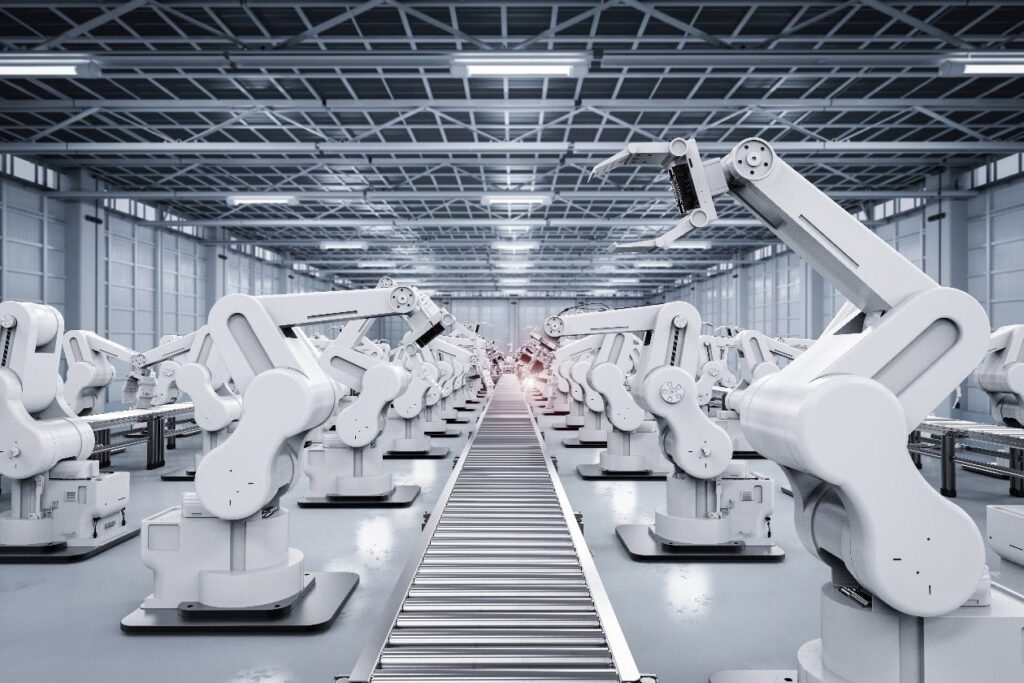
Despite the healthy growth of many industries in the UK, the manufacturing sector remains an integral part of the UK’s
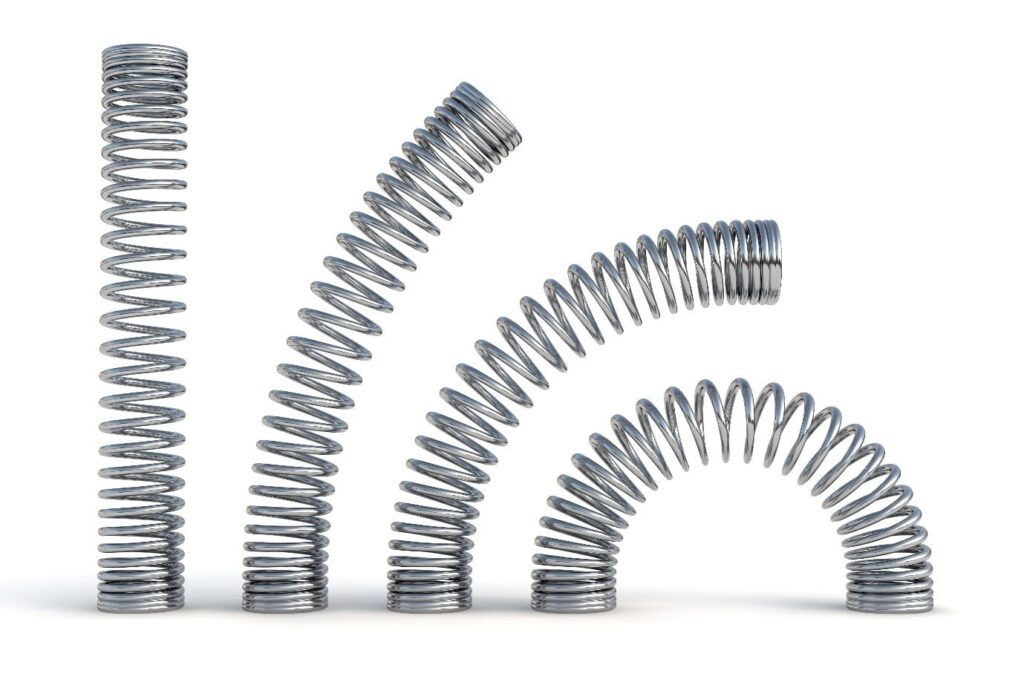
Springs play an integral part in all forms of motorsport. Revered globally, motorsports comprise some of the biggest sporting events